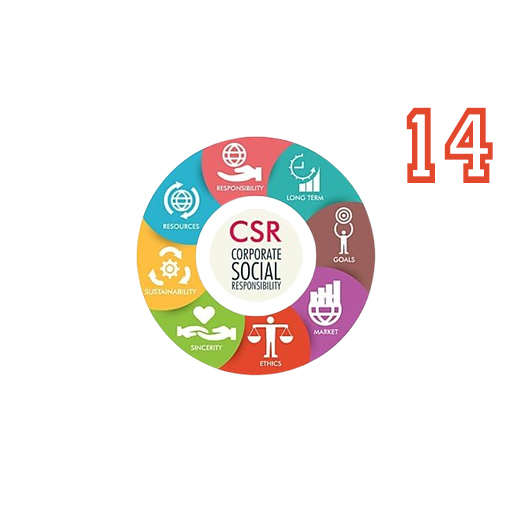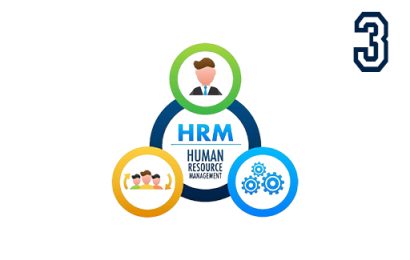
- Quizzes: 11
Ethics and Corporate Social Responsibility (CSR) have evolved over the years to become essential elements in business practices. The concept of ethics in business traces back to ancient civilizations, where trade was governed by moral guidelines. However, modern CSR emerged in the early 20th century, influenced by thinkers like Milton Friedman, who initially argued that a company’s primary responsibility is to its shareholders. Over time, this view shifted as the broader impact of businesses on society became evident.
CSR involves companies taking responsibility for their actions beyond profit generation, considering the environmental, social, and economic effects of their operations. Ethical businesses aim to align their strategies with values such as fairness, transparency, and respect for human rights. The idea is that businesses should contribute to societal well being while maintaining profitability.
The practical implications of CSR include adopting sustainable practices, ensuring fair labor conditions, and actively engaging in community development. Companies today are expected to integrate ethical decision-making into their core operations, not only to meet regulatory requirements but also to enhance brand reputation and build trust with stakeholders. CSR is increasingly seen as a key factor in long-term business success.
Curriculum
- 2 Sections
- 0 Lessons
- Lifetime
- Notes0
- MCQ11
- 2.1Healthcare System Fundamentals10 Minutes20 Questions
- 2.2Management Principles & Organizational Behavior10 Minutes20 Questions
- 2.3Healthcare Law, Ethics & Policy10 Minutes20 Questions
- 2.4Strategic Management in Healthcare10 Minutes20 Questions
- 2.5Hospital & Facility Operations10 Minutes20 Questions
- 2.6Quality Assurance & Patient Safety10 Minutes20 Questions
- 2.7Financial Management in Healthcare10 Minutes20 Questions
- 2.8Marketing & Service Development in Healthcare10 Minutes20 Questions
- 2.9Pharmaceutical Management & Supply Chain10 Minutes20 Questions
- 2.10Population Health & Epidemiology10 Minutes20 Questions
- 2.11Healthcare Management10 Minutes20 Questions






